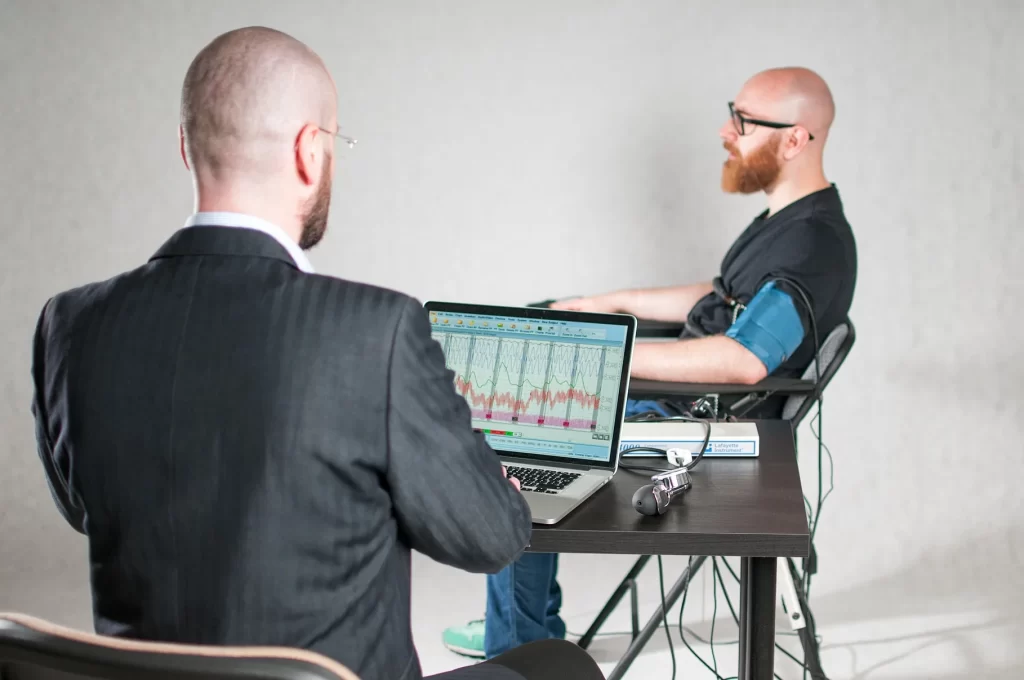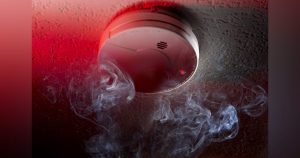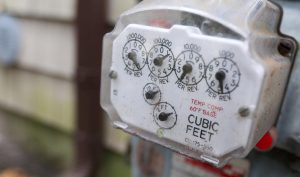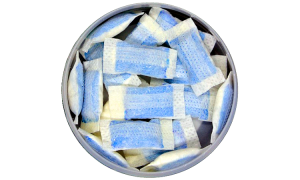Unmasking the Truth: Everything You Need to Know About Lie Detector Tests

Commonly referred to as polygraph testing, lie detector tests have long fascinated and frightened people. Though reality is significantly more complex, popular media frequently presents them as perfect truth detectors. The complexity of lie detector tests is examined here, including their operation, dependability, ethical issues, and application in various environments, highlighting critical situations where a Fraud Alert might be necessary.
Understanding How Lie Detector Tests Work
Mostly, a lie detector test measures physiological reactions to questions asked of a person. Several sensors linked to the subject’s body track important signs, including heart rate, blood pressure, breathing rate, and galvanic skin response during the test. The basic idea is that false responses set off physiological reactions different from those brought about by honest responses. The examiner probes the individual with a sequence of questions, contrasting her physiological responses with baseline readings recorded during neutral inquiries.
The Reliability of Polygraph Testing

Lie detector tests are not perfect, even if most people agree they are rather effective. Critics contend that physiological reactions vary considerably among people depending on things like worry, fear, or even physical diseases. Moreover, knowledgeable people could use countermeasures to control their physiological reactions, therefore distorting the outcomes. Although supporters assert that under some situations polygraph exams can be accurate, the scientific community is still divided on their dependability.
Ethical Considerations in Lie Detection
Using lie detector exams raises serious ethical questions. During testing, subjects could be very stressed or anxious, which raises ethical issues about consent and the psychological effects of such tests. Furthermore, there is great possibility for abuse since authorities or companies could base their judgments on test results about an individual’s legal or employment status. This raises important privacy questions as well as possible discrimination based on erroneous findings.
Applications of Lie Detector Tests
Lie detector tests find use in security clearance procedures, employment screening, and criminal justice, among other areas. While some companies utilize polygraphs as part of the hiring process for jobs needing great degrees of trust, law enforcement organizations might use them to evaluate the credibility of suspects or witnesses. But the divisive character of these exams sometimes results in arguments about their fit in various situations.
Lie detector tests represent a remarkable intersection of science, ethics, and human behavior. Although they can reveal dishonesty, their ethical consequences and dependability—especially in cases of Fraud Alert—call for serious consideration. As our understanding of human psychology and technology advances, we must adapt our approach to lie detection to ensure its responsible use while respecting individual rights.






